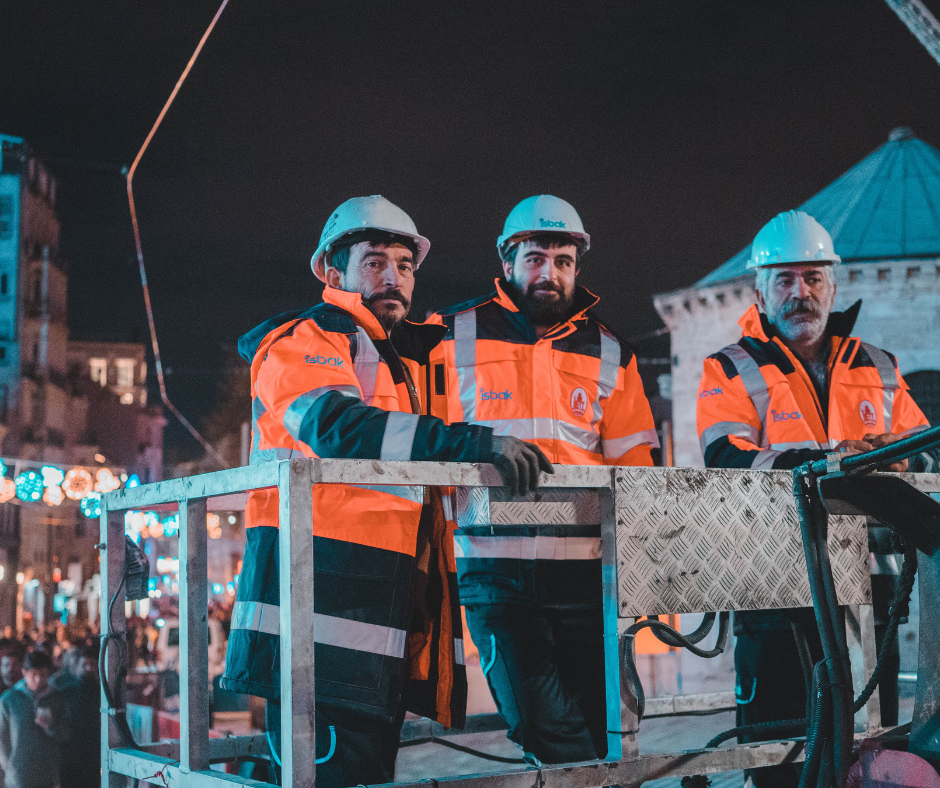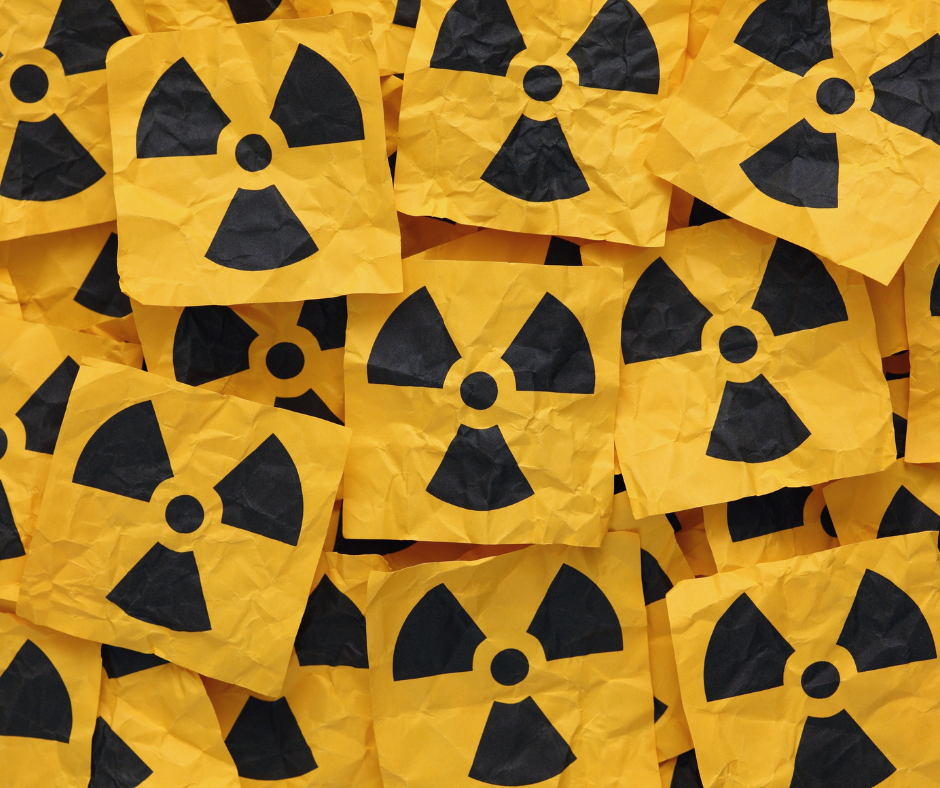PPE combating rise of construction fatalities, Honeywell comments
 Twice as many construction workers suffered work-related fatalities in the past year compared to other industries, according to the latest data from the Health and Safety Executive (HSE)
Twice as many construction workers suffered work-related fatalities in the past year compared to other industries, according to the latest data from the Health and Safety Executive (HSE)
The HSE has published its annual work-related fatality report, showing that there were 45 fatal injuries in the construction sector between July 2022 and June 2023 – more than twice that of the second-placed industry.
The number marks a sharp increase from the 2021/22 figures, which recorded 29 fatal injuries to construction workers, and is the highest recorded figure for the sector in the past five years.
According to the HSE’s report, the top three causes of fatal injuries are falls from heights, being struck by moving objects, and being struck by moving vehicles. The rising figures across the board reinforce the continued need for effective worker PPE and for safety to be top of the agenda for construction business leaders.
Read more on the HSM website.
‘It amazes me that we expect anyone to want to work in our industry when we can’t give them the basic kit to keep them safe’: CIOB on inclusive PPE
 Sandi Rhys Jones OBE, the new president of the Chartered Institute of Building (CIOB) has just launched a campaign for better fitting and inclusive PPE. Here, she explains why the subject is close to her heart and how she hopes to affect real change.
Sandi Rhys Jones OBE, the new president of the Chartered Institute of Building (CIOB) has just launched a campaign for better fitting and inclusive PPE. Here, she explains why the subject is close to her heart and how she hopes to affect real change.
The matter of poor-fitting PPE is by no means a new one and is most certainly one we shouldn’t need to be discussing in 2023, but sadly it’s where we find ourselves. Construction industry events and social media are awash with accounts from women who have had negative experiences with PPE and in some cases whose careers are being hamstrung by it, and it’s an issue I aim to use my platform as CIOB President for 2023/24 to address.
It amazes me that we expect anyone to want to work in our industry when we can’t give them the basic kit to keep them safe. And let’s be clear, this isn’t just an issue faced by women, but also some men and people for whom standard PPE isn’t compatible with body shape and size, religious headwear or other clothing for example. Nor is it a problem purely for construction. Hospitality, healthcare, emergency services and sport are all sectors where I’m aware of issues with the provision of PPE. For example, just a few weeks ago, the Chief Constable for Manchester admitted that body armour is not designed appropriately for women police officers.
For more on the campaign, visit the SHP website.
Financial pressures take toll on workplace safety
 The findings of a new independent study released as part of the annual Dräger Safety at Work report, have highlighted concerns regarding the impact of the current cost of living crisis and financial pressures on safety in UK businesses.
The findings of a new independent study released as part of the annual Dräger Safety at Work report, have highlighted concerns regarding the impact of the current cost of living crisis and financial pressures on safety in UK businesses.
In the research – which was commissioned by Draeger Safety UK, part of The Dräger Group, an international leader in the fields of medical and safety technology – almost half of managers (49%) reported old or outdated safety equipment not being replaced, or delays to the service and maintenance of safety equipment (43%) as a result of financial pressures on businesses was a risk to safety in their industry.
A quarter (26%) said that companies trying to save money by cutting staff numbers and bringing in energy cost-cutting measures such as turning lights or heating down (43%), risked compromising safety, particularly in industrial settings.
Read more about the study on the HSM website.
Boarding school fined £50,000 after pupils overexposed to radon radioactive gas
 A private boarding school has been fined £50,000 after exposing two employees, five pupils, and two other children to high levels of radioactive radon gas.
A private boarding school has been fined £50,000 after exposing two employees, five pupils, and two other children to high levels of radioactive radon gas.
Five pupils at Kingswood School in Bath, Somerset were exposed to levels of radioactive radon gas almost 8 times the legal limit. Two other children, who were not pupils at the school, were exposed to levels of radon gas almost 14 times the legal limit. Two employees were exposed to radioactive radon gas ¾ of the legal limit. Exposures to radiation need to be kept as low as reasonably practicable.
The radioactive gas radon is a hazard in many homes and workplaces and breathing in radon is the second largest cause of lung cancer in the UK resulting in over 1,000 fatal cancers per year. Radon is a colourless, odourless, radioactive gas that occurs in rocks and soils, some building materials and water. The ground is the most important source as radon can seep out and build up in houses and indoor workplaces like schools.
Visit the HSE website to learn more.
To keep up to date with the latest health & safety news and advice, follow us on social media:
